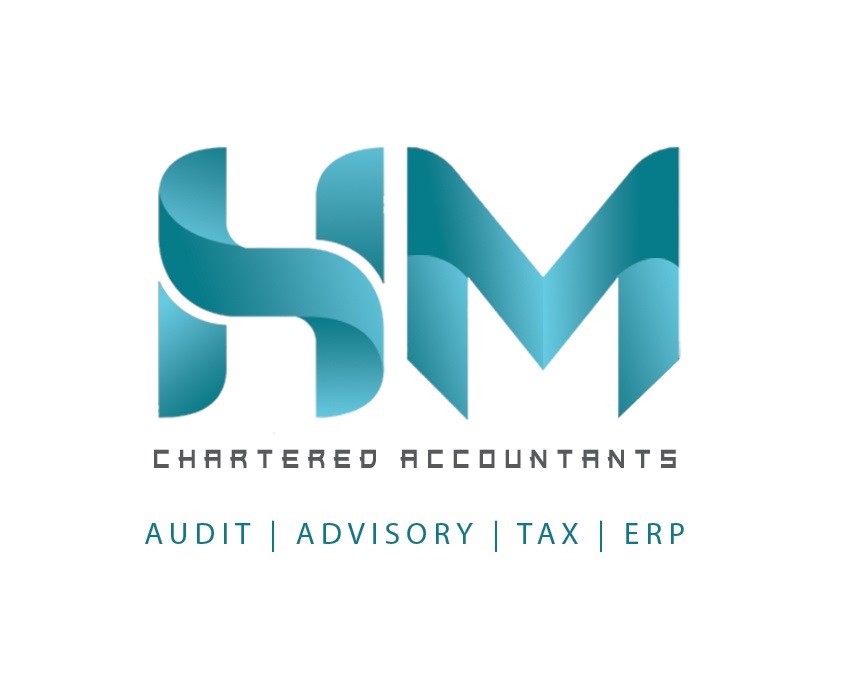Introduction: Accurate accounting is essential for the success of any business. It helps in making informed decisions, ensuring compliance with laws, and maintaining financial stability. At HM Consultant, we emphasize that precise accounting goes beyond bookkeeping; it’s about strengthening your business.
1. Informed Decision-Making
With accurate accounting, you get a clear financial picture, enabling better decisions. It aids in budgeting, forecasting, and identifying profitable areas of your business, ensuring resources are used effectively.
2. Regulatory Compliance
Accurate records are crucial for meeting legal and tax obligations, avoiding penalties, and maintaining trust with regulatory bodies. HM Consultant ensures your business stays compliant and minimizes tax liabilities.
3. Building Stakeholder Trust
Transparent accounting builds confidence among investors, lenders, customers, and suppliers. Accurate financials improve relationships and open doors to better investment and financing opportunities.
4. Supporting Growth
Accurate accounting supports strategic planning and cash flow management, both vital for business growth. It also attracts and retains top talent, as financial stability is appealing to potential employees.
5. Preventing Fraud and Mismanagement
Strong accounting practices help detect and prevent fraud, ensuring financial integrity. HM Consultant assists in establishing robust internal controls to protect your business.
Conclusion: Accurate accounting is a critical element of business success, supporting decision-making, compliance, trust, growth, and fraud prevention. HM Consultant is here to help you build a solid financial foundation for your business.



